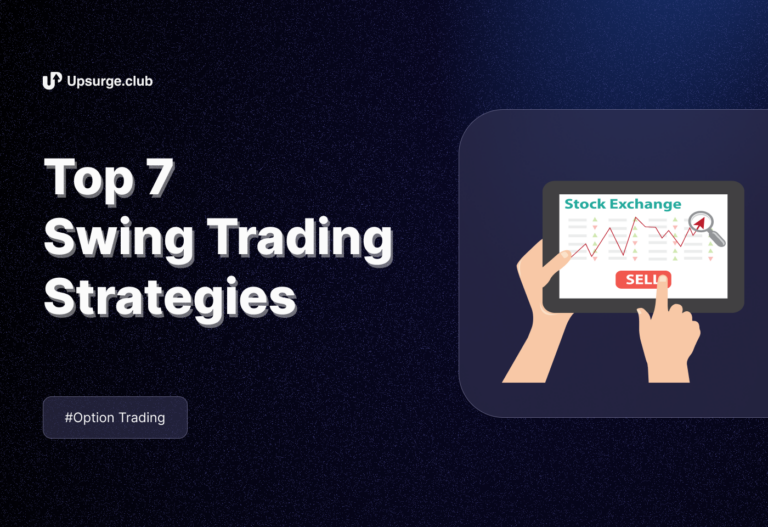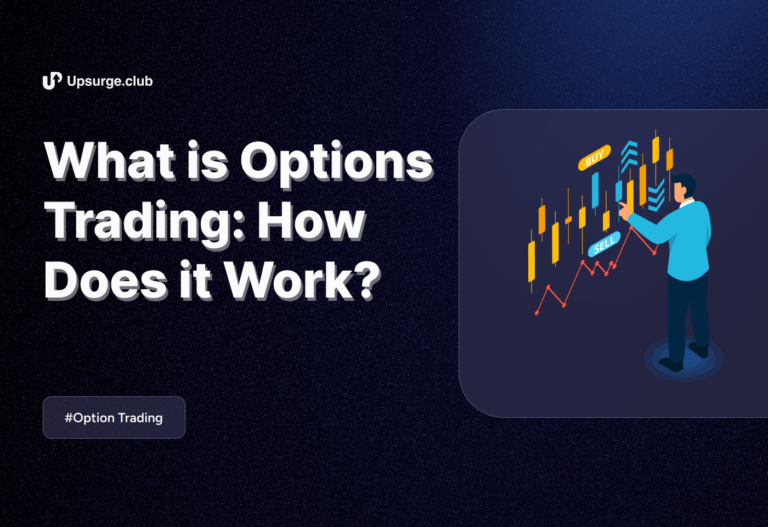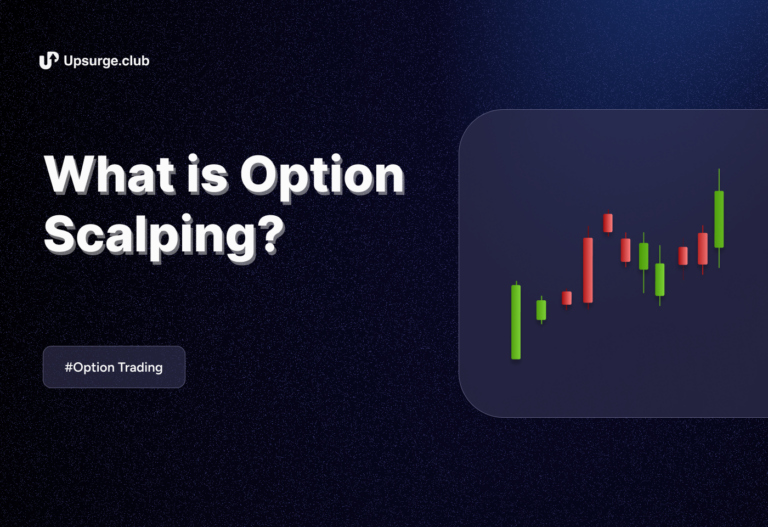In recent years, option trading in India has become quite popular. Option are derivative instruments and offer traders the potential for large returns. Whether you’re a seasoned trader or just getting started, understanding the basics is crucial to making informed decisions and maximizing your chances of success.
In this article, we will dive into the fundamentals of option trading, including the different types of key terms. We will also explore the importance of volatility and risk management, and why taking an option trading course is a valuable investment for any new trader. So, if you’re ready to learn in detail, let’s get started!
Basics of Option Trading
Option is a financial instrument that enables traders to buy or sell the underlying asset, but not the obligation to do so at a specific price, on or before a certain date. This flexibility is what makes it attractive for many traders.
Before diving further, it’s important to understand some basic concepts.
1. Call and Put Option
Mainly, two types of option exist: call and put option. A call option gives you the right to buy an underlying asset at a specific price, while a put option provides you with the right to sell an underlying asset at a prefixed price.
2. Strike Price and Expiration
The strike price is the set price at which the option contract can be exercised. The last date to execute the contract is known as the expiry date. The underlying asset can be anything from a stock, to a commodity, to even a currency pair.
3. Volatility
One of the most important things for new option traders to understand is the concept of volatility. Volatility is a measure of how much the price of an underlying asset is expected to fluctuate in the future. Option trading is heavily influenced by volatility, as the prices are directly impacted by changes in volatility.
4. Premium
The premium is the cost of buying/selling an option. It is the price a trader pays to the trader on the opposite end for the right to buy or sell an underlying asset at a certain price, on or before a predetermined date. The premium is determined by factors such as the strike price, expiration date, and volatility of the underlying asset.
5. Leverage
Option trading also offers traders the potential for large gains. This is done through the use of leverage, which allows you to control a large amount of an underlying asset with a relatively small amount of capital. However, you must be careful while trading with leverage. It can lead to significant returns, but it may also result in a loss if your prediction goes wrong.
6. Option Trading Strategies
Another important aspect is understanding the different strategies that can be used. Some popular simple strategies include buying call option for a bullish outlook, buying put option for a bearish outlook, selling covered calls for generating income and buying protective puts for hedging risk. Taking a course can help you learn both simple and advanced strategies.
7. Risk Management
It is also important for new traders to understand risk management. This includes setting a stop-loss feature on your trade and position sizing to limit potential losses, as well as diversifying your portfolio to reduce overall risk.
How to Start Option Trading in India?
To start trading option in India, the first step is to open a trading account with a broker that offers option trading. The next step is to choose an underlying asset, such as a stock, currency or commodity, that you would like to trade option on.
Next, you must decide whether you want to buy a call option or a put option. You must also decide on the strike price and the expiration date. Then, you must then pay a premium to buy/sell the option.
Once the option is bought, you can then decide whether to exercise the option on or before the expiration date. It is important to note that it involves some risk, so it is important for beginners to understand the fundamentals and to have a solid understanding of reading charts and chains.
Thus, it is highly recommended for beginners to take an online course to gain a deeper understanding of the process and make informed decisions.
Why Take an Option Trading Course?
It is important for new traders to learn option trading. A good online course will provide a solid foundation to the new traders. The best option trading course will also guide you to the different strategies and risk management techniques used by successful traders.
You can consider taking a course created by an industry expert from Upsurge.club, where you can learn the fundamentals of option trading and gain in-depth insights. Here are some valuable concepts you will learn during the course.
- Basics of option trading for beginners
- How does it work ?
- How to read option and option chains?
- Understanding option greeks
- Implementation of strategies
- Trading Psychology
This will allow new traders to develop their own style and strategy, and gain the confidence necessary to kickstart this journey on their own.
Conclusion
Option trading is a powerful tool that can be used to manage risk and increase returns. However, traders need to understand the basics and have a solid understanding of volatility and risk management.
Taking an option trading course is highly recommended, as it will provide the foundation and knowledge you need to start trading option successfully. We provide one of the best option trading course online, teaching you everything you need to know about option trading.



